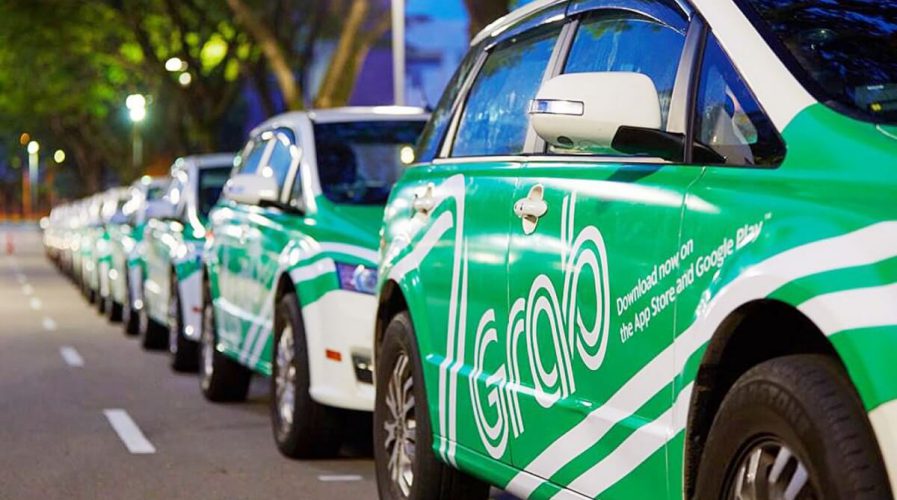
Grab user briefly lost their GrabPay credits during an outage on Thursday morning. Source: Flickr/fivestarsandamoon
Grab could be valued at $3b after Softbank-backed funding round
GRAB, the ride-sharing mogul that has given Uber a run for its money in Southeast Asia, is planning to raise more than US$1.5 billion in a Series F funding round backed by Japanese telecommunications giant Softbank, according to sources.
Softbank is pledging about US$1 billion to Grab, but details of the investment are still unclear as they are yet to be verified by the company. What is clear is that Grab will be backed by some serious resources, as this latest round would completely eclipse the US$750 million raised in the last round.
The news of a fresh cash influx further solidifies the company’s plans to continue to push its dominance in the region, and reinforce its positioning against their rivals, including Uber and Indonesia’s Go-Jek.
Scoop: $Uber's largest rival in Southeast Asia #Grab plans to raise more than $1.5 billion backed by #SoftBank https://t.co/cAMIQKovPC
— Lulu Yilun Chen (@luluyilun) March 24, 2017
Softbank’s investment alone would give Grab a valuation of more than US$3 billion. However, Grab is still struggling to achieve profitability, made worse by the chronic inability of the ride-sharing industry to drag itself into the black.
In response, Grab is also looking beyond ride-sharing to attain a positive profit margin. The company has been seeking ways to scale its payments platform, GrabPay, which it plans to make available to third-parties.
Grab says it will focus on pushing the platform in Indonesia – where it partnered with the national Indonesian bank, Mandiri – and later will focus on peddling it to parties throughout the region.
Currently, it still lags behind Uber in terms of a range of services, which offers a food delivery (UberEats) and courier service (UberRush), though these are still largely unavailable in Asia.
There has not been any indication Grab has any forays planned for the driverless car industry, but they are still directing resources to improve their transportation tech. Grab’s R&D centers in Singapore, Beijing and Seattle – and the recently announced centers in Bangalore and Ho Chi Minh City – will be focused on an algorithm to help drivers become more efficient.
SEE ALSO: Now that Grab is the second most valuable SEA startup, what’s next for them?
The company is also working on growing its mapping technology, user targeting and predictive technology to track demand.
Grab launched in Burma – its seventh country – last week, further extending its reach in Southeast Asia, a region home to 640 million people. Grab has been notable for its success in rivaling Uber – long known as the household name in ride-sharing – through localized service developments and its alliances with other regional ride-sharing service providers, such as India’s Ola and China’s Didi Chuxing.
READ MORE
- Strategies for Democratizing GenAI
- The criticality of endpoint management in cybersecurity and operations
- Ethical AI: The renewed importance of safeguarding data and customer privacy in Generative AI applications
- How Japan balances AI-driven opportunities with cybersecurity needs
- Deploying SASE: Benchmarking your approach
